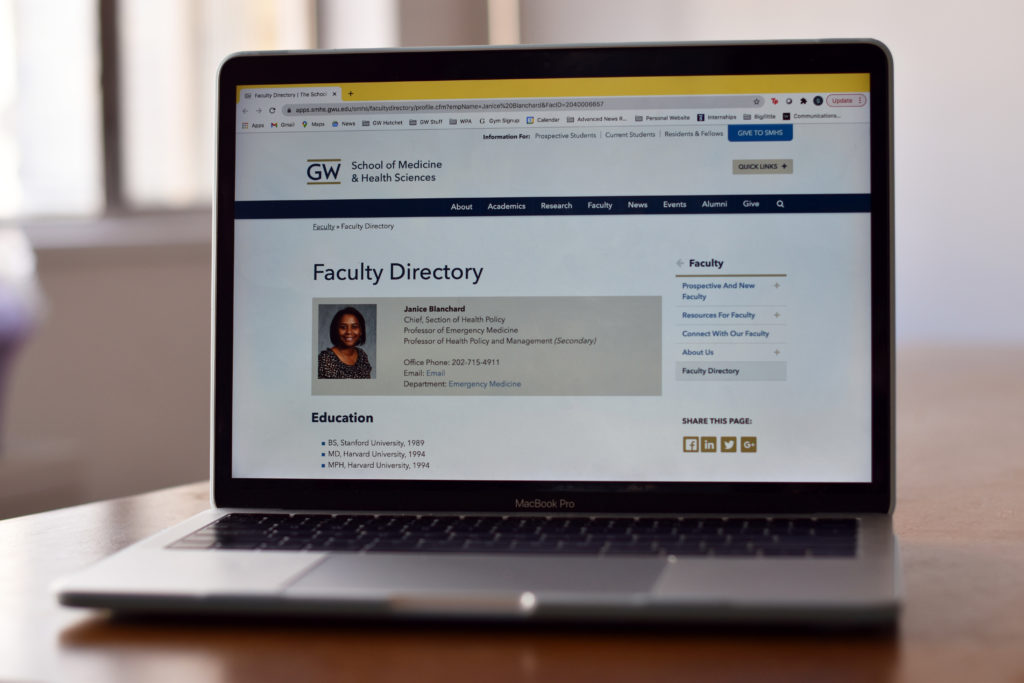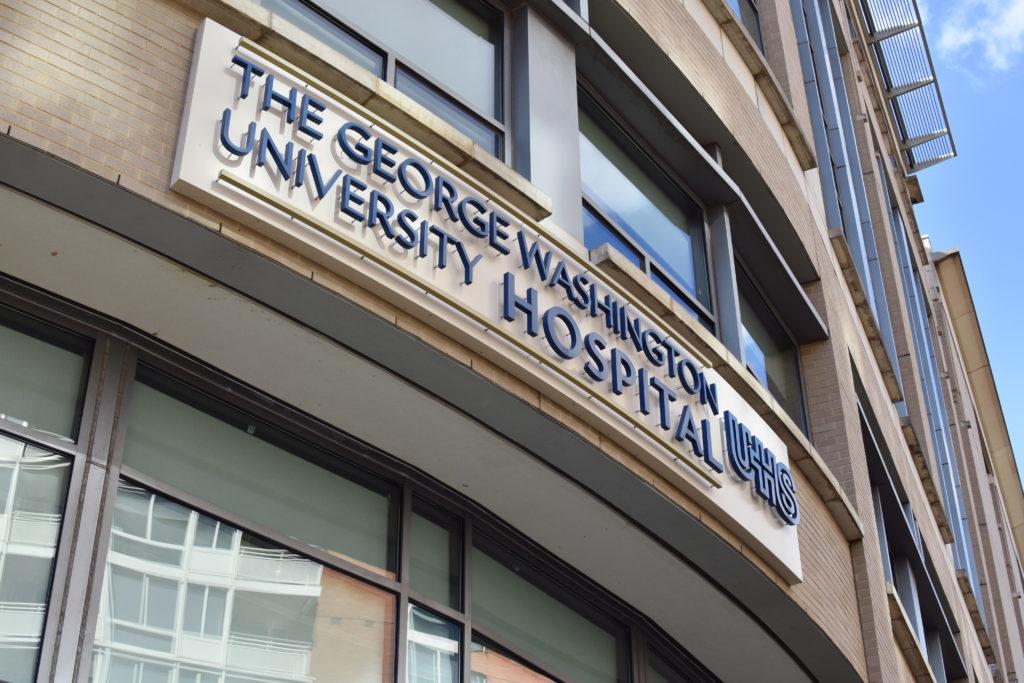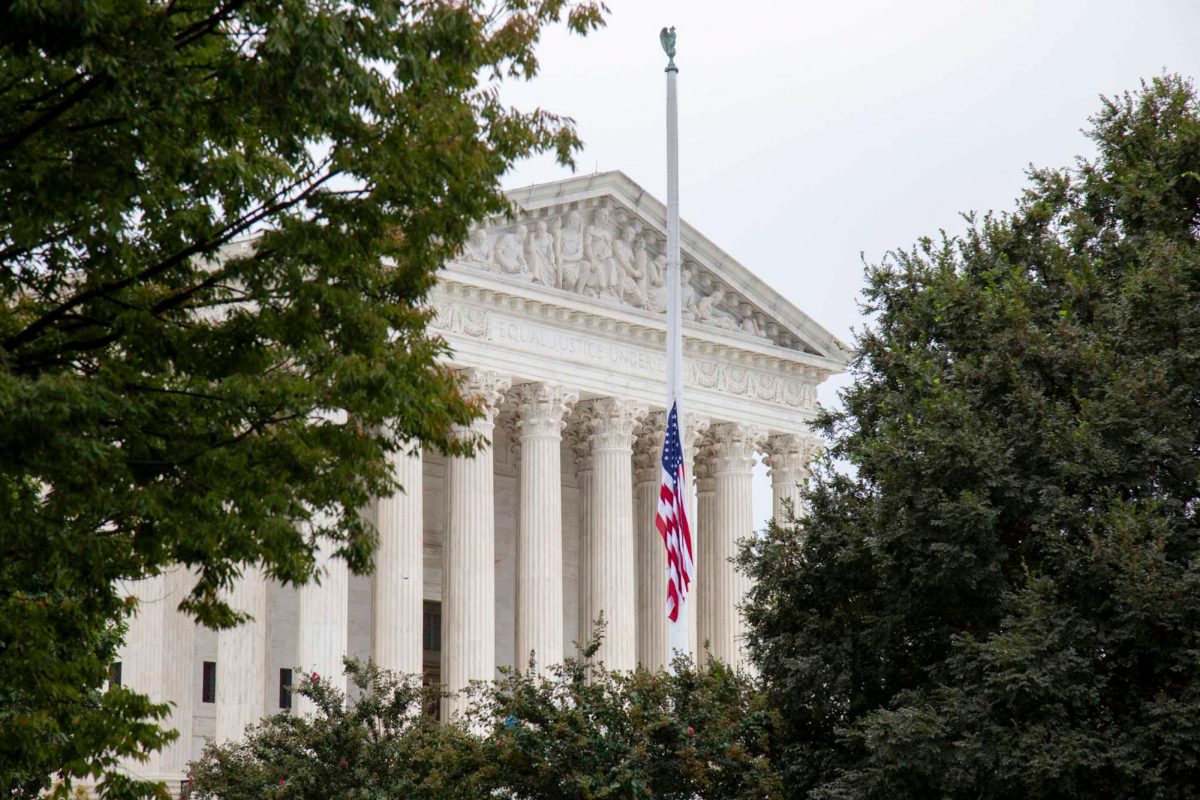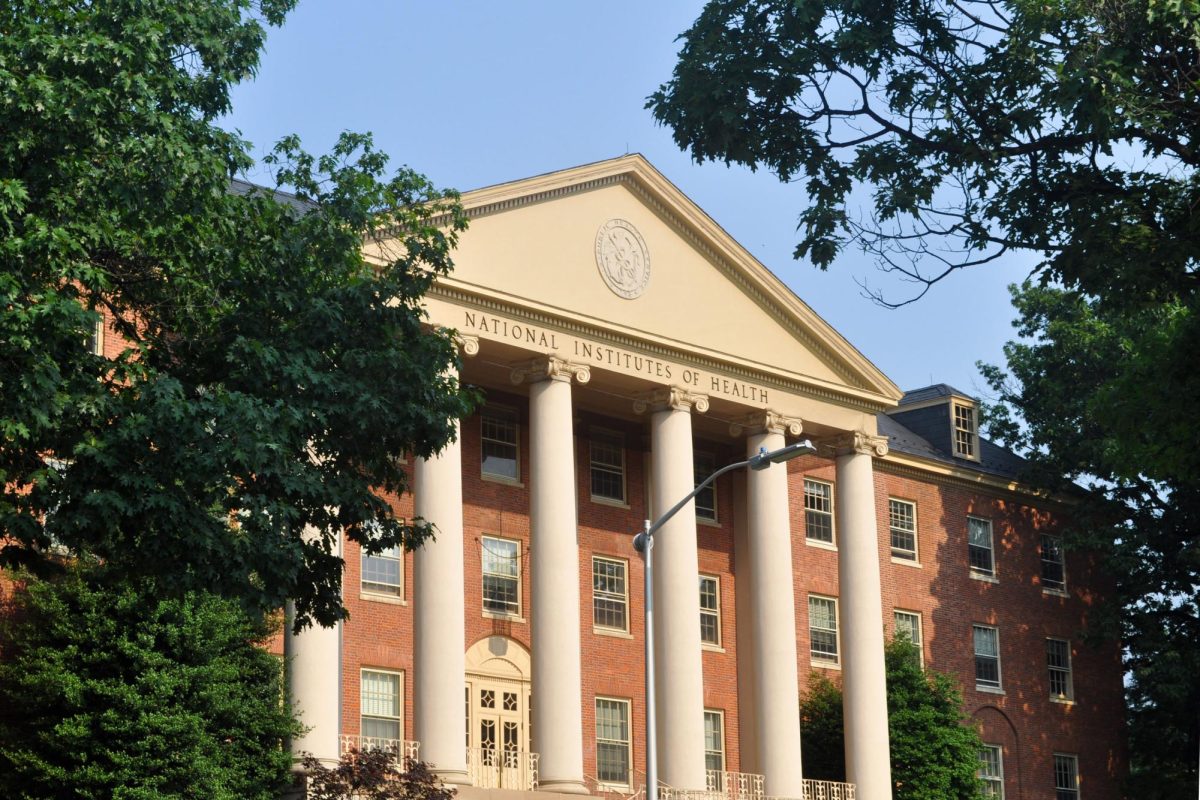This story is part of The Hatchet’s semester-long project sharing stories of GW’s faculty members at the forefront of researching the COVID-19 pandemic.
With the COVID-19 pandemic reaching its one-year mark in the District, a School of Medicine and Health Sciences professor has spent the past month interviewing locals about their perceptions of COVID-19 public health recommendations and their thoughts on the vaccine’s effectiveness.
Janice Blanchard, a professor of medicine and the chief of the section of health policy in the medical school, said she began her research project in mid-January and has since interviewed more than 20 residents over Zoom from all of the city’s eight wards. She said she hopes her research will help local health officials address disparities in the pandemic’s effects on the District.
“I am aware there are a lot of disparities already in D.C., and we have seen some of those augmented because of COVID, especially when you look east of the river where Wards 7 and 8 are located versus the other wards,” she said. “I have had a long interest in disparities, and I really wanted to look at what things were contributing to some of the disparities we see because of COVID.”
By the end of the project, she said she hopes to interview about 40 to 50 D.C. residents.
Blanchard, who is conducting her research using GW’s internal COVID-19 research fund, said she recruits interviewees in the D.C. area from patients at the GW Hospital’s emergency department, where she and her colleagues work. She said she plans to wrap up the research in about three months.
Blanchard said she and her colleagues are focused on all wards throughout D.C. but are paying particular attention to areas of the city, like Wards 5, 7 and 8, that have high rates of COVID-19 infections but low rates of vaccinations. She added that her research breaks down groups of participants by their age to get a complete representation of the city’s population.
Blachard said the idea for her project began through the emergency department after she treated patients diagnosed with the virus and became concerned about perceptions of COVID-19 guidelines and how they varied by ward.
She said the project is still in its early stages of data collection, but the interviews so far have revealed that people understand public health recommendations but lack access to the vaccine in wards with higher COVID-19 rates.
Based on her research, Blanchard said she will write an academic paper to disseminate the results to help city officials understand how to ensure that people have equal access to COVID-19 information. She said she hopes the research can help identify specific barriers to accessing the vaccine, which could include transportation or internet usage, that can help guide government officials on what aspects of their pandemic response to target.
“If we find out people are having problems getting the vaccine because of transportation or because of internet use or because of messaging they don’t trust, I am hoping we can use that information to really target some of those barriers we are seeing,” she said.
Blanchard said the chance to talk with District residents and find out more about them beyond a clinical setting is what she is enjoying most about conducting her research. In the clinical setting, she only gets to know why patients are in the emergency department and does not get the chance to delve into deeper issues, like their perceptions of public health guidelines, she said.
“I enjoy the opportunity to find out just a little bit more about patients in terms of what are other things that are going into their mindset about COVID,” she said. “We just don’t have time to talk to them about that in the clinical setting.”








